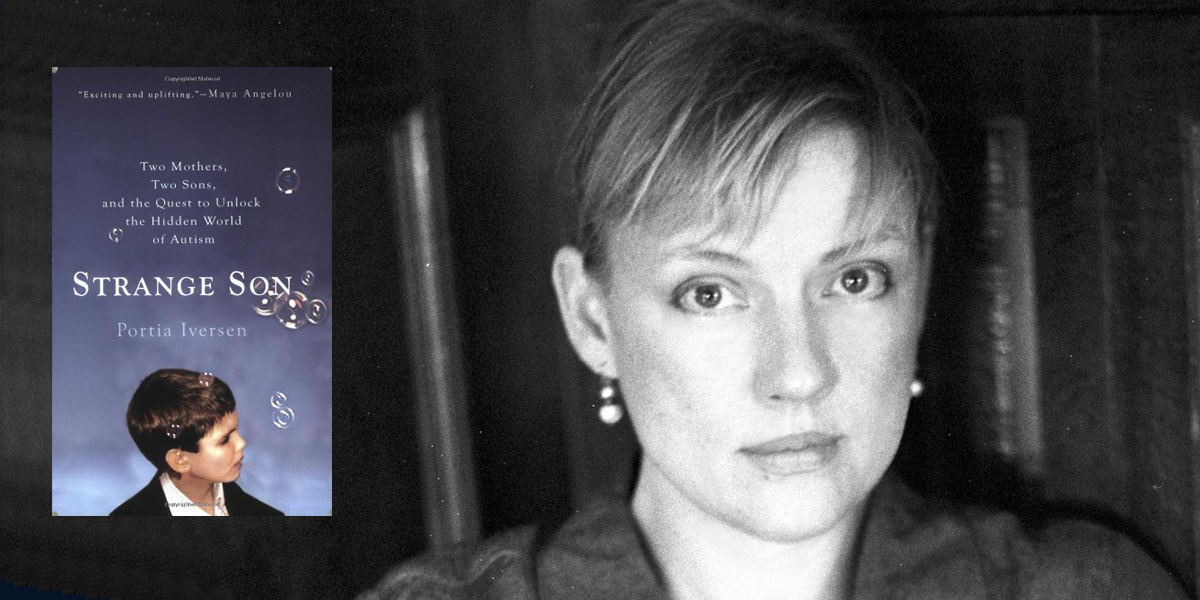Last month, I recommended a book called “Strange Son”, written by a mother who struggled to communicate with, understand, and help her own autistic child. When I was looking up the URL for the book, I scanned through the reviews posted on Amazon, and was stunned by two negative reactions. One was from a reader who panned the book, stating (I’m paraphrasing) that a mother had to be pretty far out to lunch to have a son who had knowledge about lots of things that she, his mom, was absolutely unaware of. To the reviewer, this reflected unbelievable insensitivity on the part of the boy’s mother. Who, then, would be interested in reading the ridiculous, self-centered statement about this subject from such a mother?
I know the mom and dad, and know the boy. The mother has dedicated much of her life to understanding and helping her son, and others like him. She and her husband have also paid for the very best help from the therapeutic community that money can buy. Insensitive? Uncaring? Not observant enough to see that there is a little boy who understands and feels things in there?! Give me a break.
I have a psychiatrist acquaintance who has dedicated her life, with considerable international recognition, to the understanding and treatment of pervasive developmental disorders like autism. Three or four years ago, she was absolutely convinced that there was NOTHING going on of particular note in the brain of boys like Portia Iversen’s son, Dov. To her and to tens of thousands of other neurologists and psychiatrists and psychologists, kids like Dov Iversen were almost all put in the bin of “severely mentally retarded” – which is another name for “hopeless cases.” It is a DISCOVERY of considerable moment that many of these severely impaired children DO understand many things, that they DO care, and feel and love. Anyone who denigrates a person that has contributed importantly to this revelation is completely off base.
The second highly caustic review was written by the autistic boy, Tito, who almost single-handedly showed the world that near-genius can lie behind the silence in this class of severely autistic, normally non-expressive individual. In Portia Iversen’s account, to his very great distress, Tito’s autism was necessarily graphically described. From his review of the book at the Amazon website, it is clear – and perhaps understandably so – that he was both deeply offended and deeply distressed by these blunt statements of fact. Tito is absolutely remarkable, but he is also absolutely autistic. I hope that he can come to understand that his own important efforts have contributed to a better life for many thousands of severely impaired ASD kids, and that Portia Iversen and CAN have played an important role in making that a reality.






